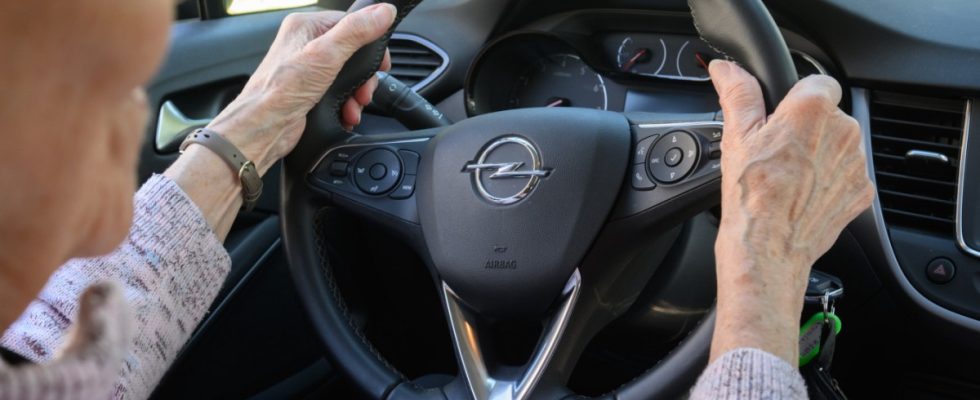Anyone who wants to renew their driver’s license may have to fill out a form in the future in which he or she answers the question: Am I fit enough to drive? The transport ministers of the European Union made a corresponding decision on Monday in Brussels – however, against the wishes of Federal Transport Minister Volker Wissing from the FDP, who insists on it: the obligation to record the health self-assessment in a form and send it to government authorities , contributes nothing to traffic safety on Europe’s roads. It just creates additional bureaucracy.
Volker Wissing was satisfied that the majority of ministers rejected a Europe-wide mandatory medical health test before issuing a driving license. The member states should be given plenty of scope for their own rules. A special rule for senior citizens also did not find a majority. The EU Commission had suggested that people aged 70 and over should no longer have a driving license valid for 15 years, as is now the case, but only for five years – and also introduce a health check. That would mean: Seniors would then have to undergo “specific measures to determine their ability to drive” every five years.
Tuesday’s decision is not yet law, and the rules may end up being stricter. On Monday, the round of ministers decided on their position on the reform of the driving license directive, which the Commission presented at the beginning of May this year. The final version will be decided in final negotiations – the so-called trilogue – with the European Parliament and the Commission.
A French MP suggested night driving bans for novice drivers
The French MP Karima Delli from the Greens, who was responsible for the law in parliament, caused a great stir in Germany with her additional proposals. Above all, she suggested stricter rules for novice drivers, such as night driving bans and special speed limits. Most of the rules are now off the table. However, the majority seems to be in favor of a mandatory medical examination every time a driver’s license is reissued. The Transportation Committee will vote on it on Thursday.
Jens Gieseke, the transport policy spokesman for the CDU/CSU group in parliament, announced on Monday that his group would table further amendments. The member states set the right course by refusing mandatory medical tests, giving the member states great freedom to set their own rules and, above all, relying on citizens’ personal responsibility. Gieseke is also committed to Europe-wide recognition of the driving license from 17 (accompanied driving), which is popular in Germany. The ministerial group spoke in favor of it on Monday, but there appears to be a majority against it in parliament.
The amendment to the driving license directive is part of the EU strategy called “Road Safety”, which sets the goal of no more road deaths in Europe by 2050. People under 30 make up just eight percent of all drivers in Europe, but are involved in 40 percent of all fatal accidents. That’s why they should now be prepared more specifically for road traffic. Volker Wissing insists that there is no reason to focus on senior citizens. For this he receives contradiction from science. In terms of absolute numbers, older people are not involved in accidents more often on average – but this is because they travel significantly less, said the insurer’s head of accident research, Siegfried Brockmann, on Monday to the German Press Agency.

